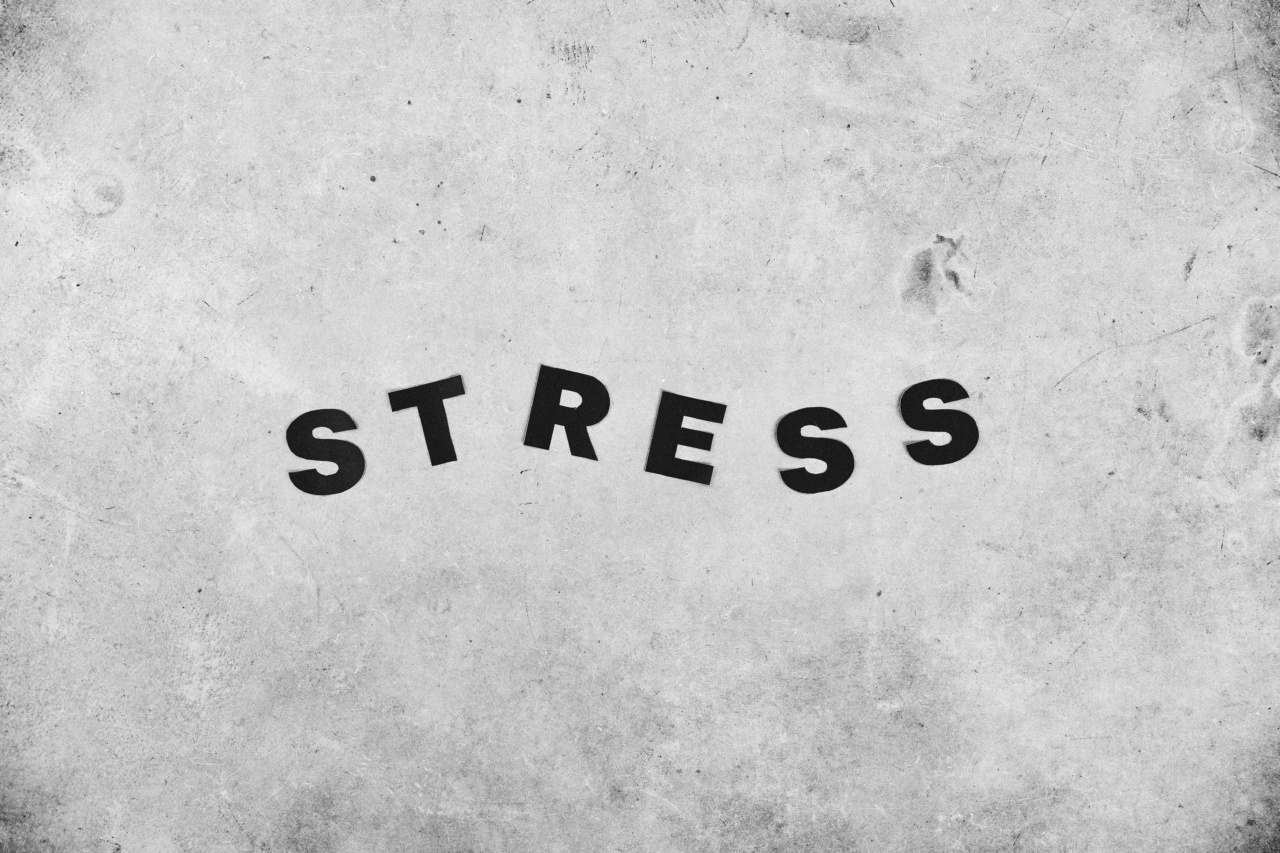Feeling tired and drained all the time can be incredibly frustrating. Persistent fatigue can affect your productivity, mood, and overall quality of life.
While there may be underlying medical conditions that cause fatigue, there are also several simple solutions that can help you regain your energy. In this article, we will explore ten effective ways to combat persistent fatigue and get your energy back.
1. Prioritize Quality Sleep
Sleep is vital for restoring energy levels and allowing your body to heal and recharge. Make sure to establish a consistent sleep schedule by going to bed and waking up at the same time every day, even on weekends.
Create a relaxing bedtime routine, such as taking a warm bath or reading a book, to help signal your body that it’s time to wind down. Avoid screens and stimulating activities before bed, as they can interfere with your sleep quality.
2. Stay Hydrated
Dehydration can contribute to feelings of fatigue and sluggishness. Make it a habit to drink enough water throughout the day. A good rule of thumb is to aim for at least eight glasses of water daily, but individual needs may vary.
Carry a reusable water bottle with you and sip on water regularly to stay hydrated. You can also incorporate hydrating foods, such as fruits and vegetables, into your diet.
3. Eat a Balanced Diet
Your energy levels are greatly influenced by the foods you consume. To combat fatigue, ensure you are eating a balanced diet that includes a variety of whole foods.
Incorporate lean proteins, complex carbohydrates, healthy fats, and plenty of fruits and vegetables into your meals. Avoid sugary and processed foods, as they can cause energy crashes. Fuel your body with nutrient-rich foods to sustain your energy levels throughout the day.
4. Regular Exercise
While it may sound counterintuitive, including regular exercise in your routine can actually boost your energy levels. Engaging in physical activity releases endorphins, which are known to increase energy and improve mood.
Aim for at least 30 minutes of moderate exercise, such as brisk walking or cycling, most days of the week. Find activities you enjoy to make exercise a sustainable habit.
5. Manage Stress
Chronic stress is a significant contributor to fatigue. Find healthy ways to manage stress, such as practicing relaxation techniques like deep breathing, meditation, or yoga.
Engage in activities that bring you joy and help you unwind, such as reading, listening to music, or spending time in nature. Seek support from loved ones or consider talking to a therapist if stress is significantly impacting your energy levels.
6. Limit Caffeine and Alcohol
While a cup of coffee or a glass of wine may offer a temporary energy boost or relaxation, excessive consumption of caffeine and alcohol can disrupt your sleep patterns and lead to fatigue.
Limit your intake of caffeinated beverages and alcohol, especially in the evening hours, to ensure you’re getting restful sleep and not relying on artificial stimulants for energy.
7. Take Breaks and Practice Restorative Activities
Avoid overexertion by taking regular breaks throughout the day. Allow yourself to rest and engage in activities that help you recharge. Restorative activities can include hobbies you enjoy, such as painting, gardening, or listening to music.
Taking breaks and participating in activities that bring you joy can prevent burnout and improve overall energy levels.
8. Create a Supportive Sleep Environment
Ensure your bedroom promotes a restful sleep environment. Keep the room cool, dark, and quiet. Invest in a comfortable mattress and pillows that support your body. Use blackout curtains or a sleep mask to block out any excess light.
Consider using earplugs or a white noise machine to drown out any disturbing noises. Creating a sleep-friendly environment can significantly improve the quality of your sleep and boost your energy levels.
9. Get Sunlight and Fresh Air
Spending time outdoors and getting sunlight can improve your energy levels and overall well-being. Sunlight exposure helps regulate your body’s internal clock and promotes the production of vitamin D, which is essential for energy production.
Take short walks outside during your breaks or find other outdoor activities that you enjoy. Getting fresh air and sunlight can give you a natural energy boost.
10. Address Underlying Medical Conditions
If you’ve tried implementing these lifestyle changes and persistent fatigue continues to affect your daily life, it’s crucial to consult a healthcare professional.
Fatigue can be a symptom of underlying medical conditions such as anemia, thyroid problems, or sleep disorders. A healthcare provider can assess your symptoms, run necessary tests, and develop a tailored treatment plan to address any underlying issues contributing to your fatigue.































